Celestial Bodies In Folklore: The Role Of Asteroids

Introduction
Asteroids have long captured the attention and imagination of people throughout history. These celestial objects have played a significant role in many cultures, serving as both sources of inspiration and fear. In this article, we will explore the fascinating world of asteroids in folklore, delving deep into their cultural significance and the impact they have had on various beliefs and traditions.
The Mythological Significance of Asteroids
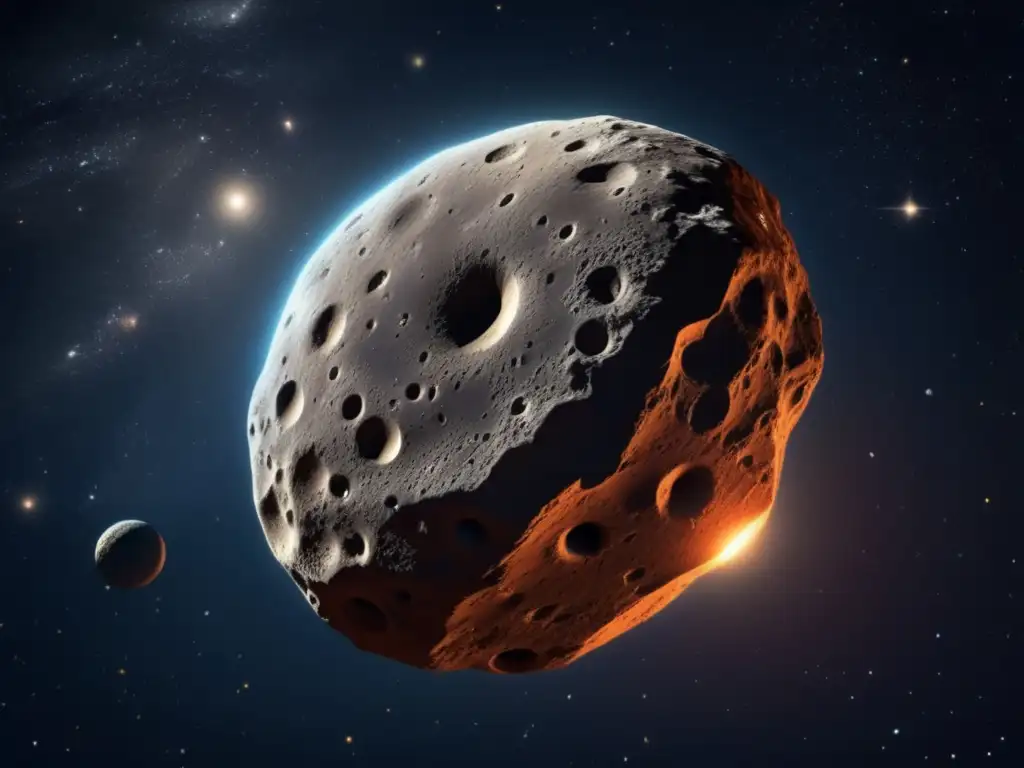
Asteroids in Greek Mythology
Asteroids hold a special place in Greek mythology, where they feature prominently in several legends. Perhaps the most famous of these is the story of Phaethon, son of the sun god Helios, who borrowed his father's chariot and lost control of it, causing chaos and destruction on Earth. In another myth, the asteroid Hygiea was named after the goddess of health, highlighting the connection between asteroids and well-being in ancient Greek culture.
Asteroids in Norse Mythology
In Norse mythology, asteroids were seen as harbingers of doom and destruction. The god Loki was said to have steered an asteroid into the path of another god, leading to his demise. Similarly, the asteroid Ragnarok was named after the end of the world in Norse mythology, further cementing the idea of asteroids as symbols of disaster.
Asteroids in Folklore and Superstition
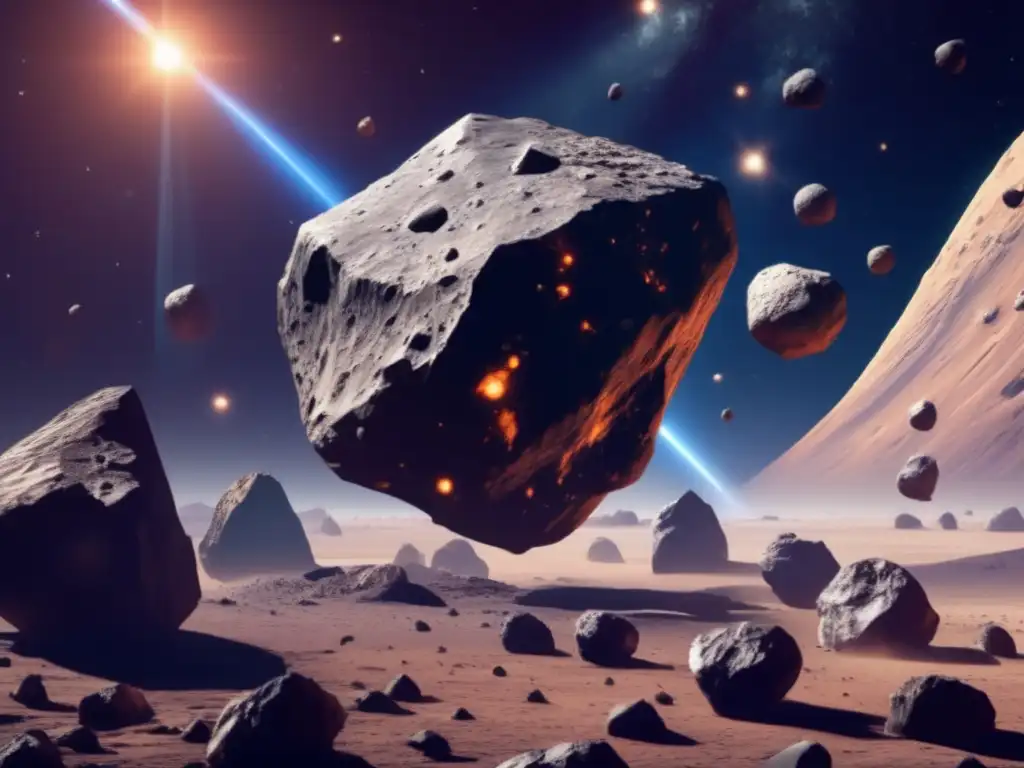
Asteroids as Omens
Many cultures throughout history have viewed asteroids as signs of impending doom. In ancient China, for example, comets and asteroids were seen as bad omens, portending war, famine, and other disasters. In medieval Europe, comets and asteroids were associated with the wrath of God and seen as divine messages to humanity.
Asteroids as Healers
In contrast to their negative associations in some cultures, asteroids have also been seen as sources of healing and well-being in others. In ancient Egypt, the asteroid Isis was believed to bring harmony and balance to the universe, while in India, the asteroid Mahalakshmi was associated with wealth and prosperity.
The Modern Significance of Asteroids
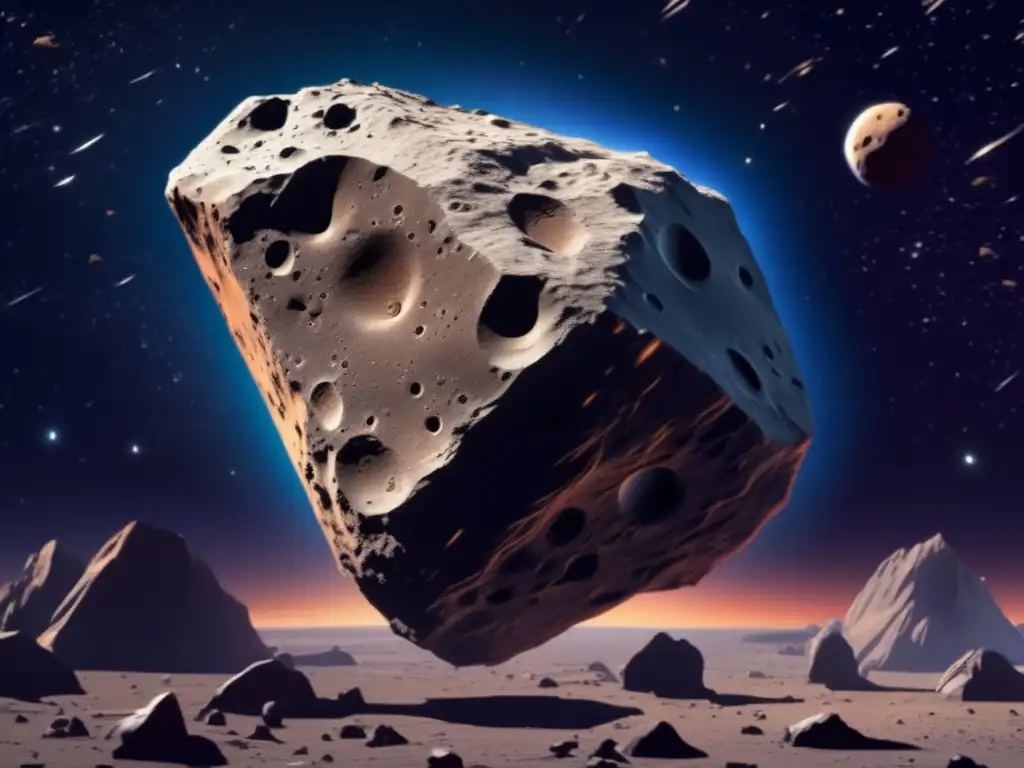
Asteroids and Space Exploration
In modern times, asteroids have taken on a new significance as valuable resources for future space exploration. Many asteroids contain valuable minerals and metals, which could be used to sustain human colonies on other planets or provide materials for new technologies. The exploration of asteroids has thus become an important area of research and development for scientists and engineers around the world.
Asteroids and Planetary Defense
Another area where asteroids have gained modern significance is in the field of planetary defense. Earth is at risk of being struck by an asteroid, with potentially catastrophic consequences. As a result, researchers are working on methods to detect and deflect asteroids before they can impact our planet and cause damage.
Frequently Asked Questions
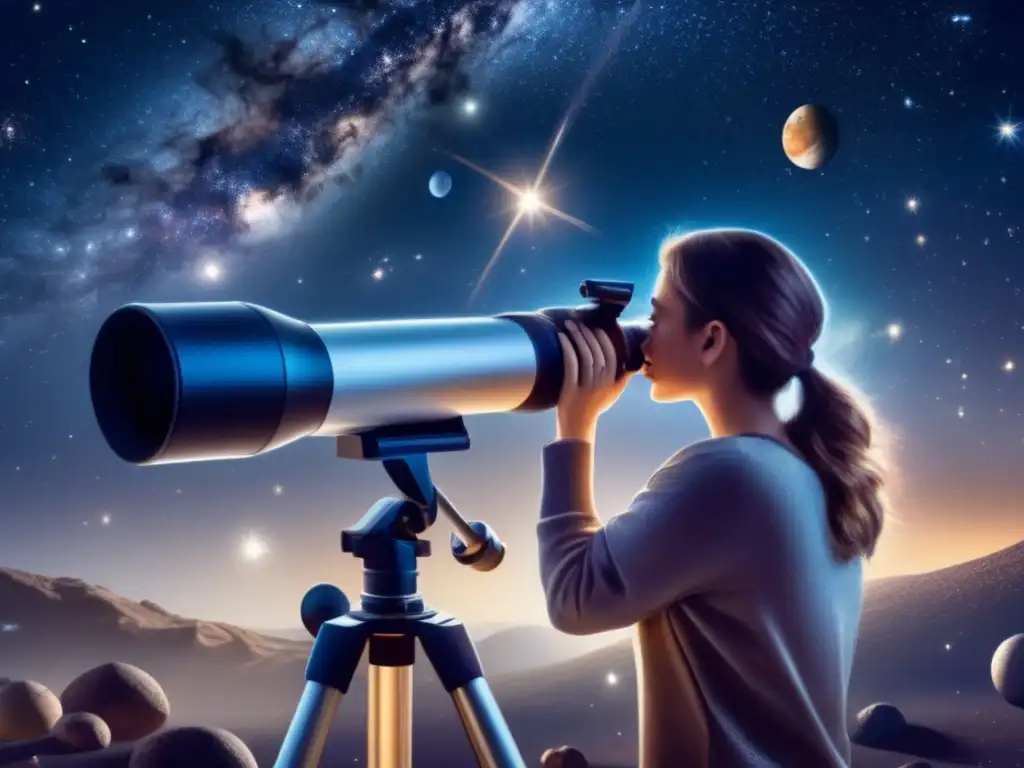
-
What is the difference between an asteroid and a meteor?
An asteroid is a larger body orbiting the sun, while a meteor is a small piece of an asteroid that enters Earth's atmosphere and burns up, producing a streak of light in the sky.
-
Are all asteroids dangerous?
No, most asteroids pose no threat to Earth. However, some are large enough to cause significant damage if they were to impact our planet.
-
Can asteroids be mined for resources?
Yes, many asteroids contain valuable minerals and metals that could be used to sustain human colonies on other planets or provide materials for new technologies.
-
What is being done to protect Earth from asteroid impacts?
Researchers are working on methods to detect and deflect asteroids before they can impact our planet and cause damage.
-
How many asteroids are there in our solar system?
There are millions of asteroids in our solar system, ranging in size from tiny pebbles to large bodies several hundred kilometers across.
Conclusion
Asteroids have played a significant role in human culture and folklore throughout history, inspiring both awe and fear in people's hearts. They continue to capture our imagination today, as we explore their potential as resources for space exploration and work to protect our planet from the threat of asteroid impacts. We hope this article has provided valuable insights into the fascinating world of asteroids and their cultural significance.
We encourage our readers to share their thoughts in the comments section and to positively interact with www.asteroidrealm.com, whether by subscribing, sharing the article on social networks, or other forms of participation. Thank you for taking the time to read this article.
Additional Resources
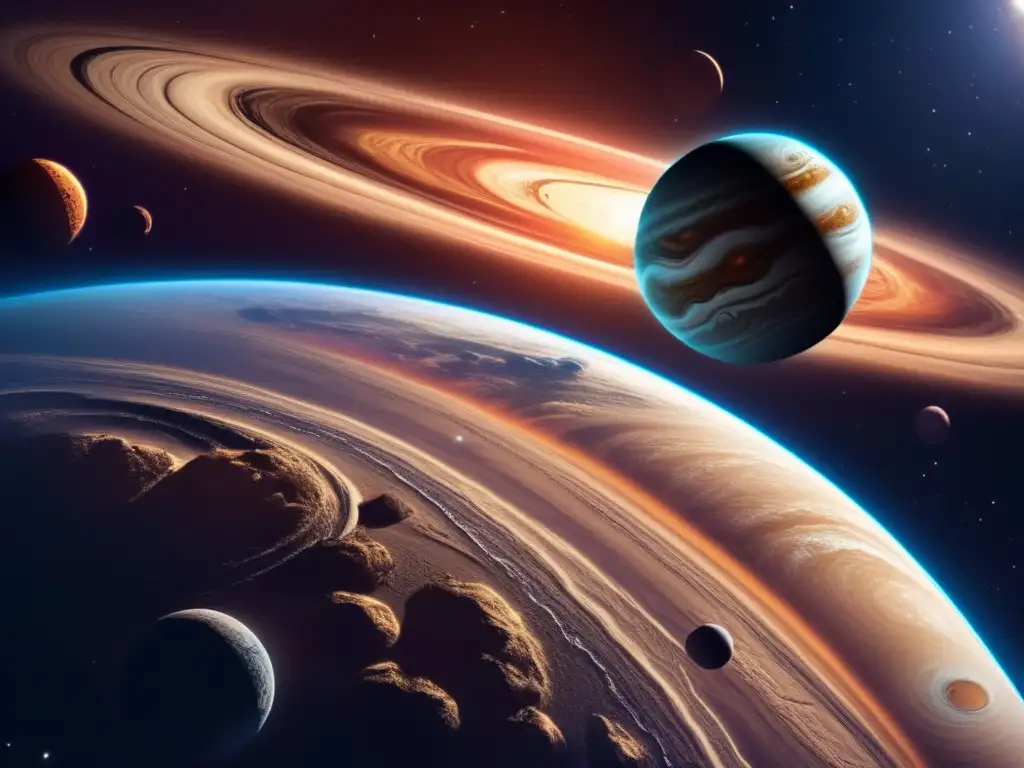
For those interested in delving deeper into the topic of asteroids, we recommend the following resources:
- NASA's Asteroid Watch website: https://www.jpl.nasa.gov/asteroidwatch/
- The Asteroid Society: https://www.asteroidsociety.org/
- The Planetary Society's guide to asteroid mining: https://www.planetary.org/space-policy-and-advocacy/asteroid-mining
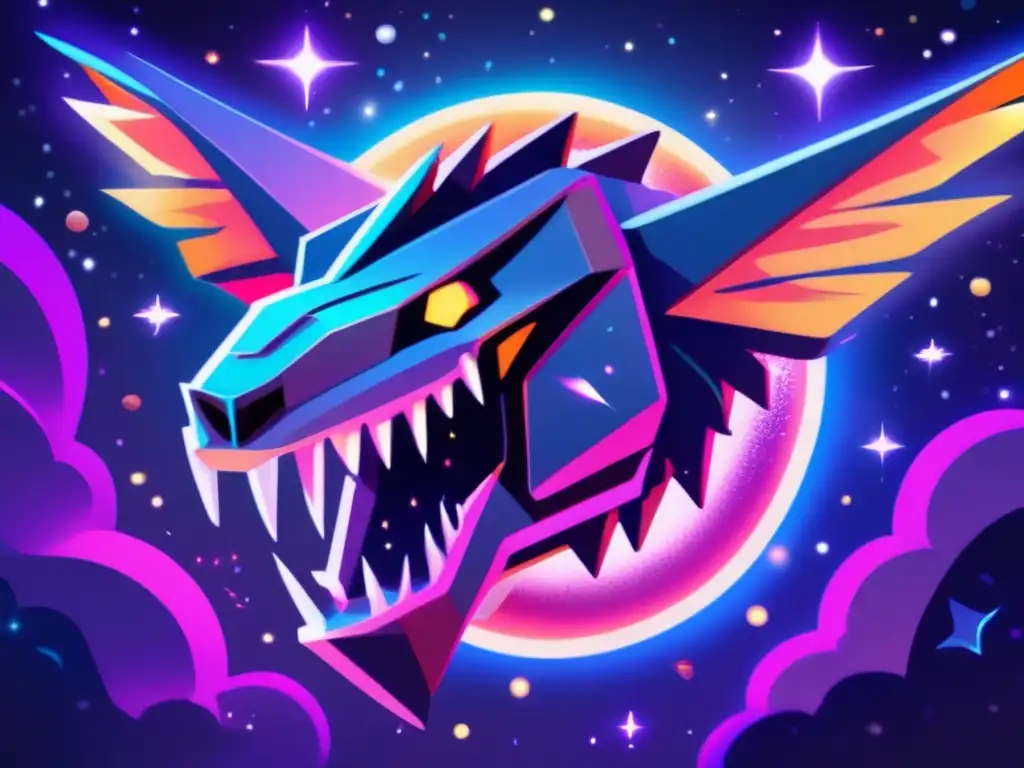 The Universe's Canvas: Asteroids In Prehistoric Petroglyphs
The Universe's Canvas: Asteroids In Prehistoric Petroglyphs Understanding Asteroids Through The Lens Of Mythology
Understanding Asteroids Through The Lens Of Mythology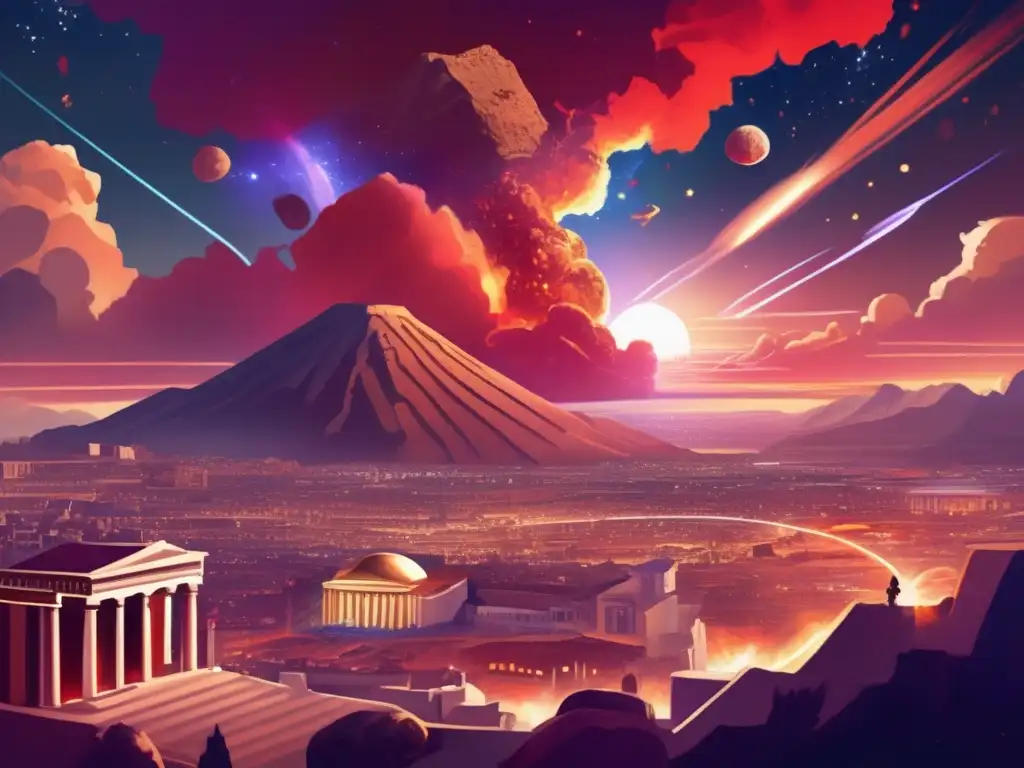 Cosmic Crashes: Asteroids In Ancient Greek Drama
Cosmic Crashes: Asteroids In Ancient Greek DramaIf you want to discover more articles similar to Celestial Bodies In Folklore: The Role Of Asteroids, you can visit the Asteroid Mythology category.
Leave a Reply

Articulos relacionados: